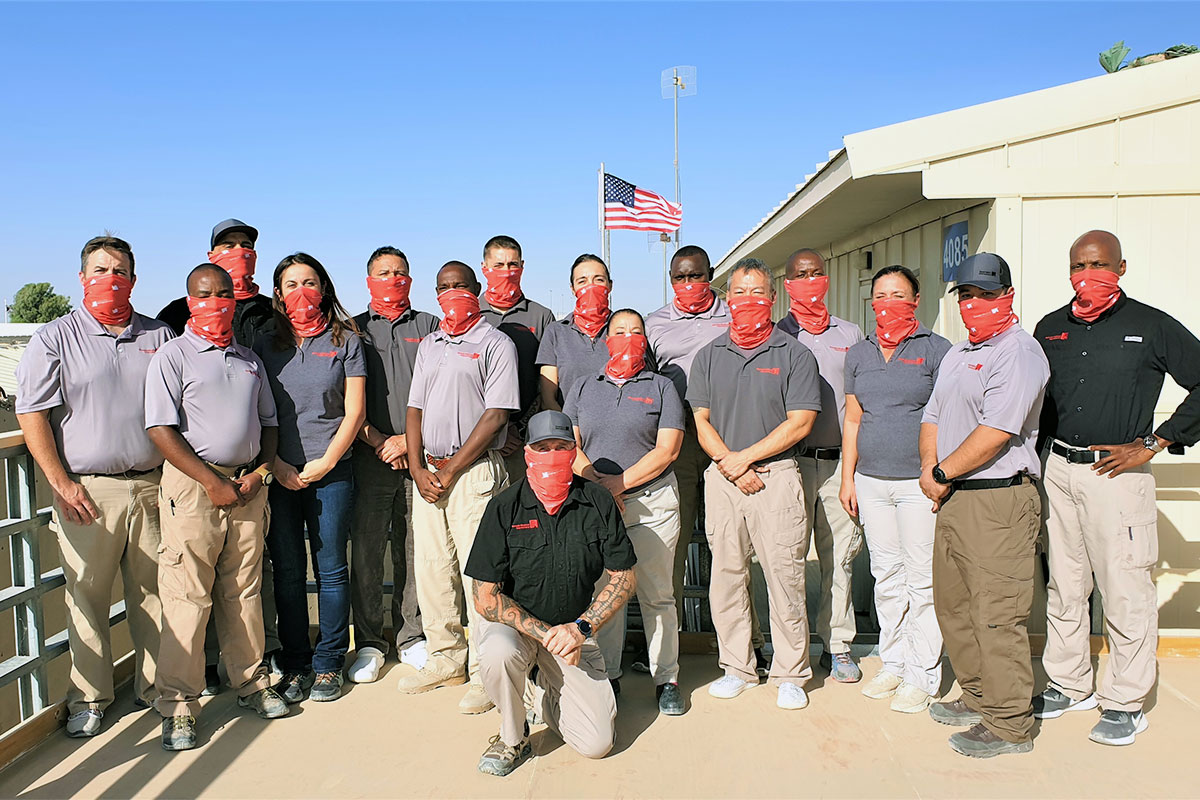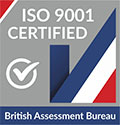While the rest of my co-workers were doing laps in fresh powder up at Cascade Powder Cats a couple of weeks ago, my skis were in storage. I missed out on some good turns with the crew, but I wasn’t totally deprived.
I was down on the Pacific coast of Mexico in a small town called Sayulita, which is north of Puerto Vallarta by about an hour. A group of friends and I had rented a beautiful place on the far north end of the beach on a rocky point to celebrate some birthdays, enjoy the sun (remember that we’re from Seattle), and do some surfing.
It was pretty tough living. I wore shoes probably five hours the whole time there, and the only shoes I packed were flip-flops. We ate fresh seafood, took walks on the beach, and lay out by the horizon pool on the patio. Mornings I got up early and walked down the beach half an hour to the surf break in front of town, and after a few hours of riding waves I’d walk up on to the beach for coffee and fresh squeezed OJ.
So hang on, I know what you’re thinking. There has to be some kind of wilderness or remote medicine turn to this story, right? Well of course there is!
Remote locations, regardless of how comfortable they may be, present specific challenges in the (albeit rare) case of a medical or logistical situation. Being a WEMT, and having been a mountain guide for years, my mind has been reprogrammed regarding managing risk. Now don’t get me wrong- I’m not paranoid, or a fear-monger. I’m actually the opposite. I enjoy travel and adventure, and I also like to relax and put my mind at ease. That’s one of the reasons we chose to go to a little village on the coast in Mexico, and rented a house far removed from town.
That’s also the reason I spent a few minutes pre-trip to consider what possible issues might come up, and planned accordingly. We weren’t up in the mountains at altitude, we weren’t days out at sea. But we were a minimum of 30 minutes from the nearest town, and at least an hour from the closest medical facility. My Spanish is good, but not great. From previous experience in the area I knew that G.I. issues might be expected, and that scorpions were not uncommon where we were staying. In the tropics infections can be a real problem, so having a good kit to manage wounds (remember no-shoes guy) as well as antibiotics to manage an infection would be good. Also, depending on where you travel civil or political unrest can be an issue that can affect safety or the ability to get around.
So I brought the same med kit that I carried with me in Antarctica in November, and had access to Remote Medical’s ACCESS™ telemedicine service. The kit included wound management materials, diagnostics, a small range of Rx medications including Epi and antibiotics, and was housed in a waterproof Pelican case. I had plenty of room in my luggage for the small case, carried prescription authorization forms that allowed me to go through customs in Mexico and coming back into the US (I was searched in both countries this trip, no issues), and gave my friends the access number to the telemedicine so that in case something happened to me (the WEMT) they had access to medical support too. And that was the last I thought about medical emergencies.
We had a great trip. No anaphylaxis, no life-threatening infections, no G.I. issues, no need for a medevac. And that’s the way it usually goes. But also, there was no need to dwell on issues related to our remote (yet comfortable) location. I was able to enjoy myself and the company of family and friends with very little else on my mind. And when you’re on vacation, that’s the way it should be!
Considerations for a Travel Medical Kit
- Wound management supplies
- Diagnostics to help make assessments
- Sterile needles and IV supplies
- Pediatric supplies if needed
- Range of OTC medications
- Range of Rx medications including antibiotics, epinepherine, nitro, prednisone; anti-malarials if going to the tropics and altitude medications if you are going to altitude. Remember to bring authorization paperwork for any Rx
- Consider telemedicine subscription such as Remote Medical ACCESS for access to medical and logistical support. Full contents of your med kit can be uploaded to your subscriber file for the telemedicine team to identify any assets you have on hand, and subscribers are extended authorization paperwork for any prescription medications they have purchased from Remote Medical
Other recommendations include making sure that all immunizations are up to date, and before extended travel take care of any dental work. Generally the goal is to be proactive: remove any potential issues and be prepared before you are abroad, so that you can make the most of your time there. Feel free to contact me if you have plans to travel and have questions or concerns about travel medicine preparations.
Tom Milne
Account Manager, Remote Medical International
tmilne@remotemedical.com


